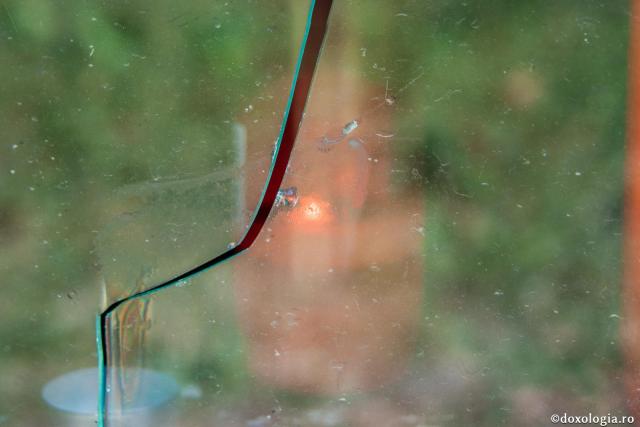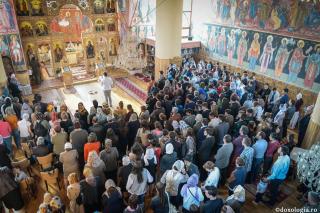The Pain of Those Who Cannot Speak
“Do not think that in hell God does not love, but love works in different ways” – between you and me, I think that people who talk the most about love are exactly those who do not understand it.
The deep need of our existence is that of dialogue, communion and especially with the One Who is our point of support.
For, what is the meaning of hell? Dostoyevsky defined it as “the pain of those that cannot speak”. I think that here we may talk also about the non-violation of their freedom. Saint Isaac the Syrian said: “Do not think that in hell God does not love, but love works in different ways” – between you and me, I think that people who talk the most about love are exactly those who do not understand it. Very few people understand what it means in its divine nature! Saint Isaac continues “There is love in hell, but love works in those who love in the spirit of communion, and in those who do not love, it burns as a flame”. There is a Romanian saying about these flames of love “The greatest revenge is when your enemy needs to admit that you are good and he is not”. Thus, someone can be burned by the love of a friend so much that he may not be able to endure it; it is the cause of the same mystery.
Think about the older brother from The Parable of the Prodigal Son, or the Pharisee from The parable of the Pharisee and the Publican and you will see how these people considered themselves rightful, as the three friends of Job. Here it is revealed how these people fall each in his own way. The older brother does not enter the hose of his father, the Pharisee does not return a better man from the temple, while Job needs to pray for his friends. It appears that the mystery of evil is hidden in the hermetic ego, centred in its “aseity.” This aseity throws me into the universe of solitude, isolation from God and neighbours.
(Translation from: Părintele Constantin Galeriu, Dialoguri de seară, Editura Harisma, București, 1991, p. 112)





